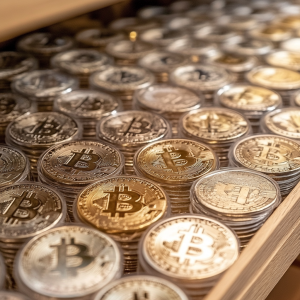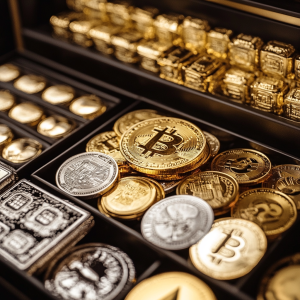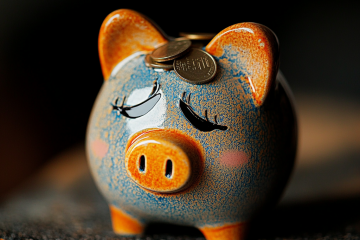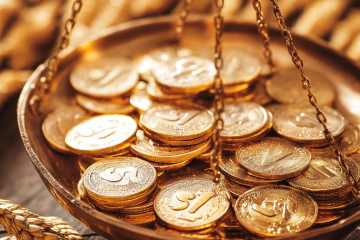
Does bitcoin have a place in your preparedness?
When it comes to self-reliance, few things are as universally agreed upon as the need for sound financial preparedness—it’s the 9th Principle of Preparedness for good reason. Money keeps the lights on, food in the pantry, and your backup generator from gathering dust in the shed. But what happens when we start talking about Bitcoin and its potential role in this equation? Is Bitcoin a savvy tool in the preparedness toolkit, or is it the financial equivalent of stocking up on a “zombie survival kit” you’ll never use?
Let’s start with what Bitcoin can offer to the self-reliant lifestyle. One of its biggest selling points is its resistance to inflation. Unlike traditional fiat currency, which central banks can print at will (cue the Monopoly money jokes), Bitcoin has a hard cap of 21 million coins. This scarcity can make it an attractive hedge against inflation. For those looking to diversify their financial preparedness—especially in a world where the dollar sometimes seems as stable as a toddler on roller skates—Bitcoin might serve as a form of digital gold. It’s portable, decentralized, and, as long as you’ve got access to a power source and the internet, it’s yours.
Bitcoin could also act as a long-term investment or retirement savings tool. If you’re playing the financial long game, it’s hard to ignore the fact that Bitcoin’s value has skyrocketed over the past decade. Sure, it’s been a rollercoaster—complete with thrilling highs and gut-wrenching drops—but for those with a strong stomach, it has the potential to outperform many traditional savings methods. Plus, it’s free from government interference, which could be a blessing in a financial system that sometimes feels one regulation away from collapse.
But here’s the rub: Bitcoin, for all its futuristic flair, is still just as vulnerable to a complete economic meltdown as any other form of currency. If the grid goes down, your Bitcoin wallet might as well be a digital paperweight. Converting Bitcoin into something tangible—like food or fuel—during an economic crisis is an entirely different ballgame. Unlike cash or even gold, Bitcoin requires access to technology and the internet to transact. In a crisis where people are prioritizing essentials, the value of Bitcoin becomes largely theoretical. Good luck convincing someone to trade a sack of potatoes for a digital asset they can’t even access.

have a balanced approach to financial preparedness
And let’s not forget scenarios like an EMP (electromagnetic pulse) attack. In such a case, where the power grid and electronic devices are knocked out, Bitcoin’s utility drops to zero. You can’t eat it, you can’t trade it, and you certainly can’t retrieve it without functioning electronics. It’s like having a treasure chest full of gold locked at the bottom of the ocean—nice to think about, but utterly useless when you need it most.
The same goes for retirement accounts or any traditional investments. If the financial system collapses, no one’s going to be checking their 401(k) balance. However, this doesn’t mean that financial preparedness is futile—it just means you need a balanced approach. Bitcoin can be part of that approach, but it shouldn’t be your entire plan. Think of it as one tool in your financial toolbox, sitting right next to your cash savings, gold and silver, and maybe even a few rolls of barter-worthy duct tape.
The key takeaway here is that Bitcoin has its place in the preparedness world, but only if it’s treated as a complement to more traditional forms of financial self-reliance. It’s not a magic bullet, and it won’t save you if the grid goes down or the economy crumbles. But as a hedge against inflation and a potential investment, it’s worth considering.
So, does Bitcoin have a role in preparedness? Absolutely. Just don’t expect it to replace your stash of heirloom seeds or your collection of freeze-dried meals. As with all things in the self-reliance lifestyle, balance is key. After all, you can’t eat Bitcoin—and in a crisis, it’s hard to imagine a more valuable currency than a hot cup of cocoa and a warm handshake.


